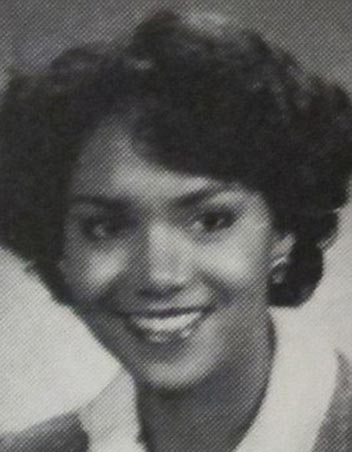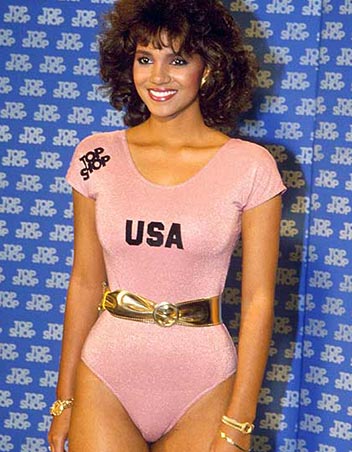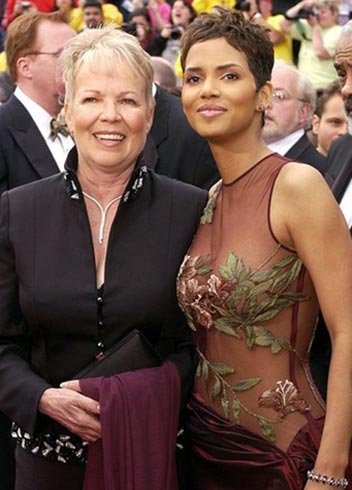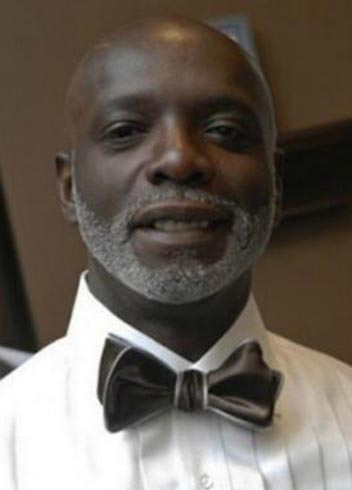HALLE BERRY ON RACE & IDENTITY
Actress Halle Berry On Race, Ethnicity, Family, Her Parents & America's 'One-Drop' Rule
HALLE BERRY'S ETHNICITY and race background are constant talking points. She herself subscribes to America's old 'one-drop' rule, which defines 'black' as anyone with any degree of African heritage. By Ben Arogundade.
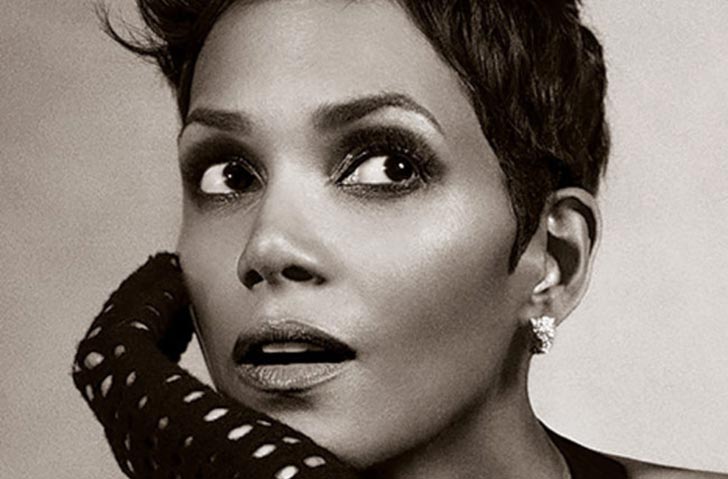
FOR TWO DECADES she's been Hollywood's favourite black leading lady. She's won an Academy Award, a Golden Globe and an Emmy for her work. She's been voted one of People magazine's “50 Most Beautiful People”, and in 1998 was named amongst Playboy magazine's list of the “100 Sexiest Women of the Century”. Halle Berry's success in Hollywood is unparalleled, but it has come at a high price in terns of her experiences with race, ethnicity, her parents and her children.
HALLE BERRY: BIO, ETHNICITY, MOTHER, FATHER
She was born Halle Maria Berry on August 14, 1966 in Cleveland Ohio. Her mother, Judith Ann Hawkins, is a psychiatric nurse from Liverpool, England, and is of European ancestry. She first met Halle's father, African American Jerome Jesse Berry, when he was stationed there as a serviceman in the US Air Force. She subsequently moved to America to marry him, and they settled in Cleveland.
Initially, they settled in a black neighbourhood, where they had their two children, Halle, and her older sister Heidi. But Jesse was a drinker and an abuser, who was violent toward Judith, and eventually the couple divorced when Halle was four-years-old. After this, her mother moved her daughters to a white part of town, where she brought them up on her own. The couple briefly got back together in 1976, but Jesse's drinking and abuse continued, and they separated again, this time for good. (Jesse died in 2003 from Parkinson's disease).
HALLE BERRY'S MIXED RACE BACKGROUND
Throughout her childhood Berry experienced difficulties with her biracial background, constantly feeling torn between both extremes of her ethnicity. “When we lived in the black neighbourhood, we weren't liked because my mother was white. In the white neighbourhood they didn't like me because I was black,” she told Lesley O’Toole in the Evening Standard. “That was the beginning of me trying to be what I thought people wanted me to be,” she recalled. “If they wanted me to be the clown, I’d be the clown. If they wanted me to get straight A’s, I’d get straight A’s.”
At the same time, many of her classmates in school assumed that Berry was not of mixed parentage, and often did not believe she actually had a white mother. There was also name calling from those who disproved of her biracial ethnicity. Her and her sister Heidi remembered being called “zebra”, half-breed” and “Oreo cookies” by local kids. All these issues had such an impact on the film star that she found herself in therapy at the age of 10.
HALLE BATTLES WITH RACE & IDENTITY
It was in her junior high school years that questions about her mixed race identity came to a head. Berry, who won an Oscar in 2002 for her role in the film Monster's Ball, told James Lipton on Inside The Actors Studio, that “trying to be in the middle, trying to be both, just isn’t working for me. It’s just further ostracising me from either group.” It was not until she consulted her mother that she was finally able to come to terms with things. She suggested that the most practical solution was for her daughter to identify with the group that most resembled her aesthetically, because this was how she would be perceived within American society. “I made the decision early on to accept that I was really a black woman with a white mother, and that that was OK,” said Berry. Her decision was reinforced by the fact that at certain points in her life she’d suffered discrimination at the hands of people who saw her as black rather than white.
RACE, ETHNICITY AND THE “ONE-DROP” RULE
But no sooner had this been settled than the issue of race and ethnicity flared up again in February 2011, when Berry announced that she considered her then two-year-old daughter Nahla — from her relationship with white French-Canadian male model Gabriel Aubry — to be “black”. “I feel she’s black,” the 49-year-old told Ebony magazine. “I’m black and I’m her mother, and I believe in the one-drop theory.” The “one-drop rule” to which Berry referred, were a series of laws passed by white racists across America in the early twentieth century, which dictated that any person with as little as “one drop” of “black blood”, were legally to be classified as “black”, thereby restricting their rights as citizens. Berry was criticized in some quarters for endorsing this outmoded law devised by bigots to oppress African Americans, the last vestiges of which were finally abolished in the late 1960s.
BLACK, MIXED OR OTHER
But the reality of racial politics within America is such that famous African Americans of mixed heritage are often vilified for not affirming their blackness under the legacy of the one-drop rule. In 1997 golf champion Tiger Woods was heavily criticized by sections of the African American community when he declared himself, not black, but “cablinasian”, a word he’d invented himself to describe his Asian, African American, Native American and Dutch background. Within Afro-America there is a clear sense that light-skinned multi-ethnic celebrities such as Berry, Mariah Carey, Vanessa Williams and Jennifer Beals have little choice but to declare themselves black in order to avoid accusations of selling out or denying their ancestry.
Like many celebrities of biracial origin, Halle Berry has expressed hopes of a world not defined by race and ethnicity. “The question should be, why should it matter what color anyone is, or what heritage they identify with? If people would just learn to look at everyone equally and stop trying to label one another, the issues of what we are all made of would be null and void.”
Ben Arogundade's book, 'Black Beauty', is out now.
FOR ACTRESS HALLE BERRY, winner of the 2002 Oscar for Best Actress, in Monsters Ball, race and ethnicity created conflicts both within her early life and later on, with her own children. As a parent, she classified her baby Nahla's mixed race heritage as 'black' under the tenets of America's 'one-drop' rule.
The Creativity of Author, Designer & Publisher Ben Arogundade
Home
Books
About
Articles
BLACK = UGLY
The Shocking History Of Black Beauty.
ANGELINA'S LIPS
Beautiful Because She's White?
RECOMMENDED FOR YOU
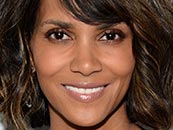
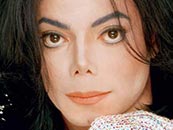


*HALLE BERRY'S BIOGRAPHY — THE STATS
1,000
The number of people worldwide who Google the terms, “Halle Berry ethnicity”, and “Is Halle Berry black?” each month.
4,200
The number of people worldwide who Google the words, “Halle Berry parents, mother, father”, each month.
*All figures for “Halle Berry's Biography — The Stats”, supplied by Google. Figures include global totals for laptop and desktop computers and mobile devices.
HALLE'S BIOGRAPHY: (From the top); African American Hollywood actress Halle Berry's high school photograph; Berry was a successful entrant at various American beauty pageants as a teenager. In 1986 she was runner-up in Miss USA; Halle and her English-born mother, Judith Ann, pictured above on the night of the 2002 Oscars; Halle Berry's father, Jerome Jesse Berry.
